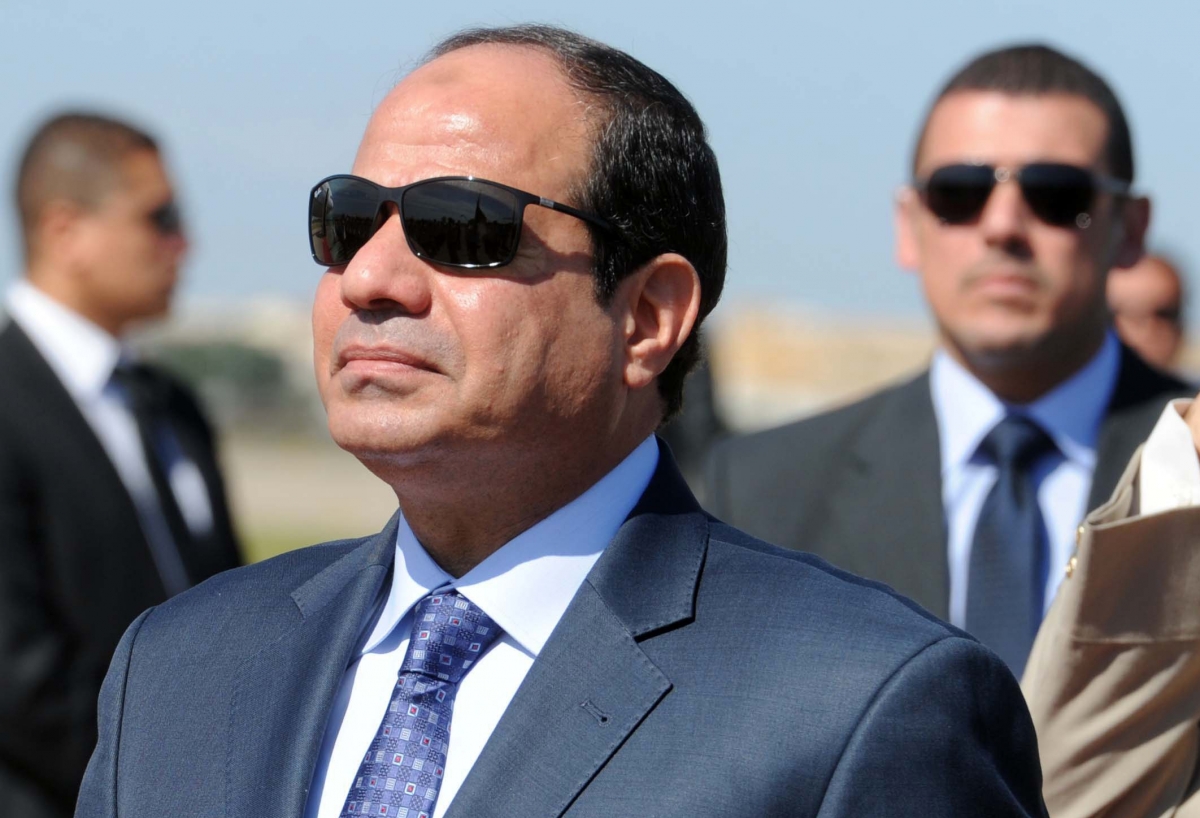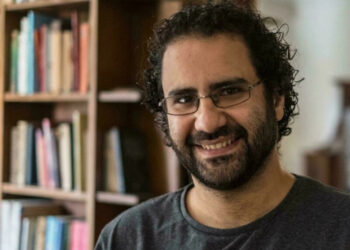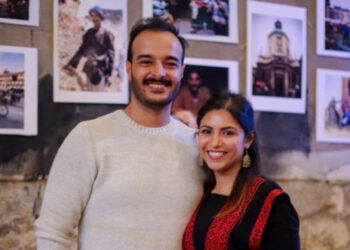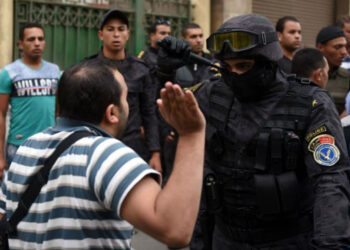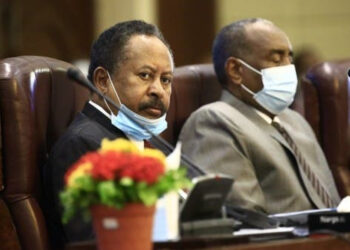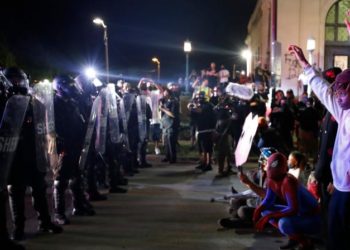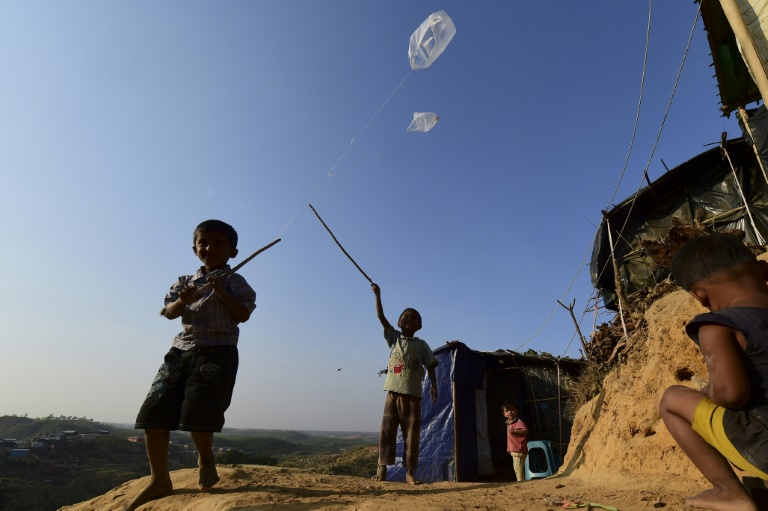A Cairo court on Sunday handed 17 people life sentences over unrest that saw the deaths of three civilians, including a journalist and a teenager, during anti-government protests in 2014.
The court sentenced 16 others to prison terms ranging from seven to 15 years. Fifteen others were acquitted in the verdicts, announced live on state television.
Mayada Ashraf, who worked for privately owned newspaper Al-Dustour, was shot in the head while she was covering clashes in Cairo’s northern Ein Shams neighbourhood on March 28, 2014. A Coptic Christian woman and a 13-year-old boy were also killed in the unrest.
I think of #Egypt|ian journo Mayada Ashraf, shot in head while covering clashes between protesters & security in March 2014. #EndImpunity pic.twitter.com/N6l0DKQ6pM
— Mai El-Sadany (@maitelsadany) November 2, 2017
They were all killed as clashes broke out between security forces and supporters of Islamist President Mohamed Morsi, who was ousted by the army the previous year.
The 17 jailed for life were convicted of membership in an illegal organisation — a reference to Mr. Morsi’s banned Muslim Brotherhood — possession of weapons and holding an illegal gathering.
In 2015, the prosecution ordered the trial of 48 people in connection with the deaths of Ashraf and the two other civilians. A statement then said they were all members of the Brotherhood, which Egypt blacklisted as a “terrorist group” following Mr. Morsi’s ouster by the army.
The 2014 protests broke out as then Army Chief Abdel Fattah al-Sisi announced he was running in that year’s presidential election. After four years in office Mr. Sisi now looks set to win a second term as Egypt prepares to hold a new presidential election next month.
Mr. Sisi’s first term has seen him crack down on an Islamist insurgency and other opponents. The authorities have arrested thousands of Brotherhood leaders and members, including Morsi, since his ouster by the army in 2013.
Hundreds have been sentenced to death, although many have appealed and won retrials. Mr. Morsi had won the country’s first free election in 2012, a year after a popular uprising ousted veteran strongman Hosni Mubarak.
But his rule was divisive and millions held protests in Cairo demanding his resignation, prompting the army to overthrow and detain him.


